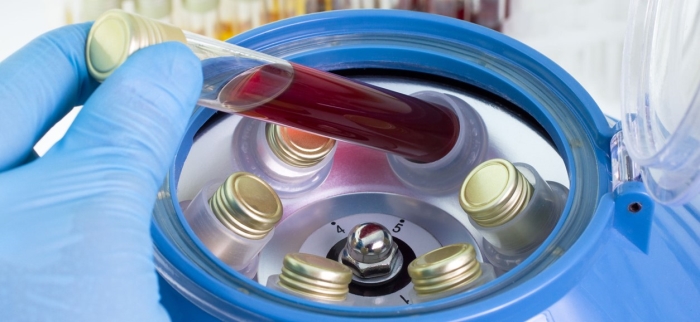Blood Cancer Biobank
Blood Cancer Biobank Ireland
What is a biobank?
A biobank is a collection of biological specimens. Patients with blood cancers routinely have blood and bone marrow samples taken for diagnostic purposes. With the informed consent of the patient, excess samples can be “biobanked”. This means that the excess samples get stored so they can be used for research. The samples are stored at an ultralow temperature that can conserve them unmodified and undamaged. These samples can be used for biomedical and clinical research. This research helps us to better understand how blood cancer cells behave and how they respond to chemotherapeutic drugs. These studies are essential to develop better treatments against blood cancers.
How are samples stored in a biobank?
In the biobank the samples are anonymised and coded for confidentiality and to comply with data protection regulations. Biobank specimens are often categorized by disease or by using genetic and other traits, such as age, gender, blood type, and ethnicity.
The BCNI biobank is called Blood Cancer Biobank Ireland (BCBI). It is a national effort coordinating and standardizing blood cancer biobanking activities at sites in Galway, Dublin, Cork, Limerick and Waterford.
BCBI will be linked to Biobank Ireland Trust, the national biobank network of the country.
-
BCBI store high-quality, ethically-collected blood and bone marrow samples from blood cancer patients.
-
Selected samples are analysed by the latest genomic techniques providing the research community with invaluable data on what genetic mutations cause the cancer.
-
Researches can submit applications to access these samples for biomedical research. For further details and to receive an application form please email us at bcni@nuigalway.ie.
BCBI store:
-
Live leukemic cells,
-
Live bone marrow stromal cells,
-
RNA and DNA isolated from the leukemic and bone marrow stromal cells.
Over time, the genetic make-up of the stored samples will be analysed and made available to researchers. The genetic database will become an invaluable asset and information resource to drive the development of better treatment strategies for patients with blood cancers.
Please see ourBiobank information leaflet explaining what a Biobank is and what you can do to participate in our Biobank
